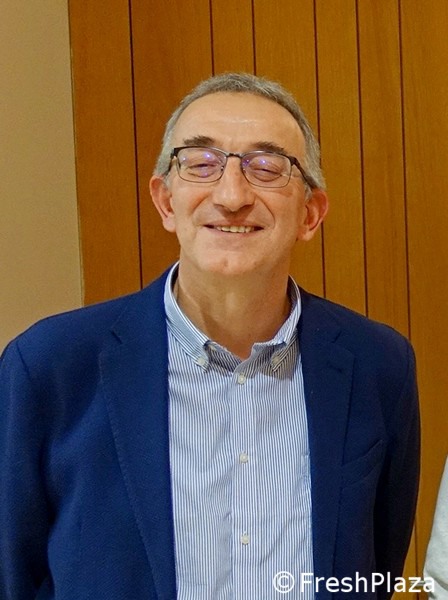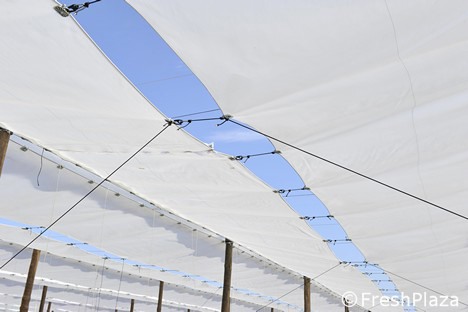Less plastic, more alternative solutions. The goal of the Italian project, named Step, launched by the Crpv of Cesena (Italy), does not want to downgrade plastics, but rather encourage their recycling and increase the use of other raw materials.
"Today, conventional plastics are widely used along the whole fruit and vegetable supply chain, from mulching to anti-hail and anti-insect nets, to irrigation systems to packaging used for fresh and fresh-cut fruit. Thanks to the progress of science and research, we have many different solutions that could replace, in many cases, the conventional plastic and lead to recycling and recovery. With the project called 'Step, Strategies for the reduction and rationalization of the use of plastics in the fruit supply chain', we do not mean to condemn plastics, but to understand how to make the best use of them, increasing their value at the end of their cycle of use, and identifying the most eco-friendly materials in the fruit growing sector," explained Alvaro Crociani (in the photo).
vegetable supply chain, from mulching to anti-hail and anti-insect nets, to irrigation systems to packaging used for fresh and fresh-cut fruit. Thanks to the progress of science and research, we have many different solutions that could replace, in many cases, the conventional plastic and lead to recycling and recovery. With the project called 'Step, Strategies for the reduction and rationalization of the use of plastics in the fruit supply chain', we do not mean to condemn plastics, but to understand how to make the best use of them, increasing their value at the end of their cycle of use, and identifying the most eco-friendly materials in the fruit growing sector," explained Alvaro Crociani (in the photo).
The project, implemented as part of the 2014-2020 RDP of the Emilia-Romagna Region for the duration of two years, will result in the drafting of a feasibility study for the end-of-life management of plastics used along the supply chain.
"Alternatives to the conventional plastic used in the field, in many cases, already exist, such as Mater-Bi for mulching, but they are not widely used. Therefore, we will focus on what already exists, trying to understand the barriers that prevent the spread of these materials. At the same time, we will also work on the fruit packaging front that has seen a further surge in the last year due to Covid".
 Archive photo
Archive photo
"The objective is to succeed in optimizing the use of conventional plastics by reducing the complexity of packs and thicknesses, identifying new materials with less impact on the environment, made from renewable sources, biodegradable and compostable. It represents a great challenge and not an easy one to manage, especially when it comes to guaranteeing healthiness, impact resistance and transparency."
Partners of this project are UniMoRe - University of Modena and Reggio, and Alma Mater Studiorum - University of Bologna, Apofruit and Granfrutta Zani. There is also interest from companies such as Apo Conerpo, Agribologna, Naturitalia and Orogel.










